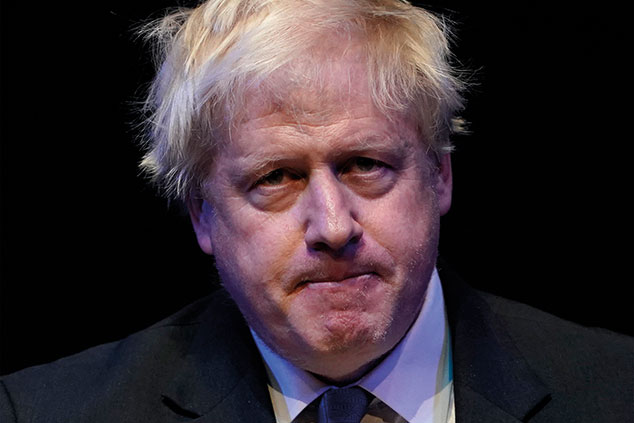
It is surprising to me that so many people still want to be prime minister. As Theresa May would surely tell you, it’s a thankless job. Still, for their own mysterious reasons, lots of people seem to want the prize. In a crowded field, Boris Johnson is the clear favourite with the bookmakers to replace May as Tory leader and PM, with Dominic Raab and Michael Gove lagging behind. By Tuesday morning, ten candidates had declared, and a few more may have thrown their hat in the ring by the weekend. Conservative MPs will narrow that down to a final two, and then the question will be thrown open to the party’s 160,000 members to decide on a leader.
With grim inevitably, the debate will all be about Europe. Yet the one thing we have surely learned over the last three years is that the EU doesn’t make much difference to the economy one way or another. After all, just about everyone assumed we would be leaving in March, possibly without a deal. And what happened? The UK grew slightly faster in 2018 than its main competitors such as France, Germany and Italy. Employment rose to record levels. Investment continued to come into the country, the pound remained stable, and real wages started growing again.
Membership of a big, but not terribly successful, trade bloc is a useful thing to have, but hardly critical. My estimate is that it ranks seventh on the list of factors affecting the British economy, behind demographics, tax rates, levels of entrepreneurship, skills, infrastructure, and domestic regulation, but ahead of the legal system, political stability, and income distribution, which round out the top ten. You can argue with the rankings, but if you’re being honest you’ll surely admit that membership of the EU is only one factor among many. There are far more important things we should be worrying about.
The things we should be worried about
For one, our infrastructure needs upgrading. We should be building new runways at Heathrow and Gatwick and relaxing the green belt around London so that our single most successful city – and one of the most successful cities in the world – can continue to boom. Second, our tax competitiveness needs to be maintained as other countries cut their corporate rates. In practice, that should mean a target of taking the corporate rate down to 10%, making it the lowest in Europe.
We should also cut the entrepreneur’s rate of capital-gains tax down to zero so that people from around the world can start a company in the UK and keep all the money they make (after all, we’ll benefit from all the income tax paid by their staff).
Third, we need to find the right kind of regulatory regime for the wave of new technologies coming through, such as drones, lab-grown meat and driverless cars. There is plenty of history to tell us that the first country to have fair regulations attracts lots of investment.
Fourth, we need to reinvent employment law to take account of the booming gig economy. Staff operating flexibly deserve rights and protection, but we also don’t want to punish the companies using them. We need to drive forward the boom in entrepreneurship, which has seen the number of companies in the UK triple over the last two decades, with the emergence of a vast number of micro-businesses. If we suspended national insurance and pensions contributions for the first five employees a company takes on it would help those firms expand without costing very much.
Finally, we need to extend working lives to cope with demographic change. The first developed economy to figure out a way of integrating its 70-somethings into the labour market will reap rich rewards.
All that is just for starters. The City and business need to find a way to make sure the candidates for prime minister lay out their plans for all those issues. They matter just as much as whether we are in or out of the EU and, if we do end up leaving, it will be crucial that we are competitive in every other respect. If the candidates are simply allowed to obsess about the EU, it will be a big mistake.